HPV vaccine tips
2022-06-09
HPV is a common reproductive tract infection virus that can be transmitted through sexual contact, mucous membranes and body fluids. Among them, more than 90% of female cervical cancer is caused by HPV infection, which can be said to be a "female killer". In recent years, the HPV vaccine has entered people's lives more and more frequently. So, what is the HPV vaccine? What is the difference between bivalent, quadrivalent, and ninevalent HPV vaccines? What are the contraindications to the HPV vaccine?
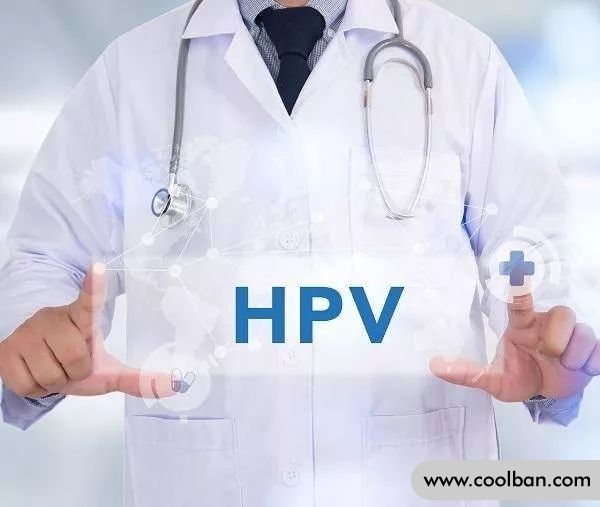
What is the HPV vaccine?
The HPV vaccine is actually the human papillomavirus vaccine. It is easy to understand that it is the female cervical cancer vaccine. We can prevent more than 90% of cervical cancers by vaccinating the HPV vaccine.
We all know that cervical cancer has a relatively high incidence among female malignant tumors, second only to breast cancer. Most cervical cancers are caused by infection with HPV, a relatively common sexually transmitted disease that affects about four in five women after having sex.
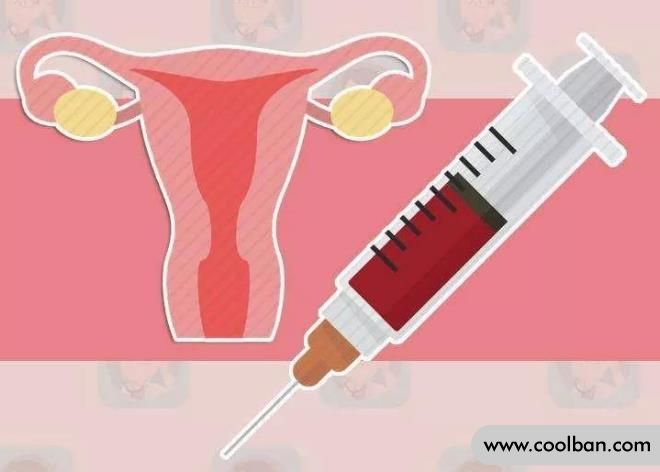
What is the difference between bivalent, quadrivalent, and ninevalent HPV vaccines?
At present, there are three types of HPV vaccines on the market: bivalent, quadrivalent and nine-valent. All three vaccines have preventive effects on HPV and are safe for women.
Among them, the bivalent HPV vaccine can prevent related diseases caused by HPV16 and 18, the quadrivalent HPV vaccine can prevent cervical cancer caused by the four subtypes of HPV6, 11, 16, and 18, and the nine-valent HPV can prevent the subtypes in four On the basis of the price, there are five more places.
Therefore, among the three vaccines, the nine-valent vaccine has a wider range of prevention.
For the vaccination of HPV vaccine, the ultimate goal is to prevent cervical cancer, while the domestic bivalent vaccine and quadrivalent vaccine can prevent 84.5% of cervical cancer, and the most popular nine-valent vaccine can prevent 92.1% of cervical cancer in women.
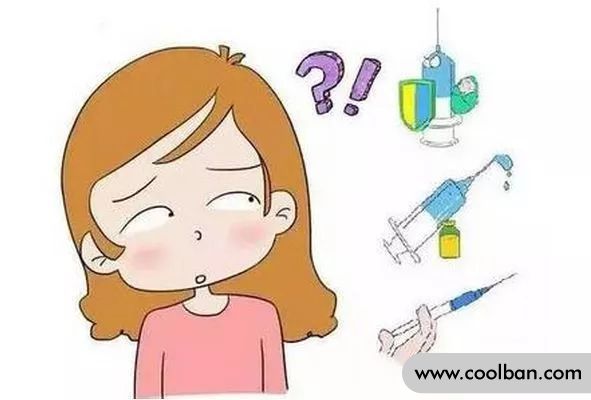
Although the nine-valent vaccine is generally more effective in preventing cervical cancer, most cervical cancers are related to 16 and 18 viruses, and the quadrivalent vaccine can also prevent 16 and 18 human papilloma. Viruses, so when you are over age, you can also consider getting the quadrivalent vaccine. In addition to these, there are other things women need to keep in mind when considering the HPV vaccine, preferably before having sex for the first time. If it is a person who has been infected with human papillomavirus, it should be vaccinated under the advice of a doctor, and if it is a person who is allergic to vaccines and yeast, vaccination should be prohibited to prevent various adverse consequences, and do not blindly vaccinate.
The HPV vaccine is not available to everyone, and it has certain limitations. First of all, in terms of gender, except that the bivalent vaccine is only suitable for women, the quadrivalent and nine-valent HPV vaccines are effective for both men and women; in terms of age, according to the recommendation of the State Food and Drug Administration, the bivalent HPV vaccine The suitable age for vaccination is 9-25 years old, the quadrivalent HPV vaccine is 20-45 years old, and the nine-valent HPV vaccine is 16-26 years old. In principle, the earlier the vaccination, the better the preventive effect.
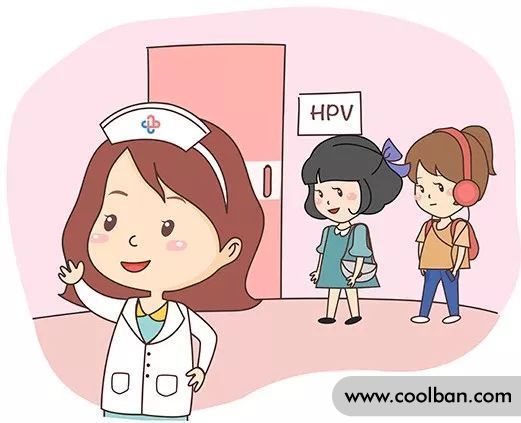
What are the contraindications and precautions for HPV vaccination?
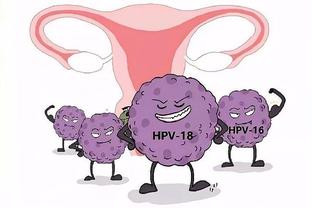
First, women with immune system disorders. Vaccination will cause an immune response in the human body. People with problems in their own immune system may aggravate immune system diseases after vaccination, so vaccination is not recommended.
Second, pregnant women and lactating women. The current research data cannot prove that the HPV vaccine is safe for pregnant women and fetuses. Therefore, for safety reasons, it is recommended that women during pregnancy and breastfeeding avoid HPV vaccine.
Third, those who are suffering from acute diseases. Patients with acute illness often have systemic symptoms such as fever, which may be aggravated by vaccination.
Fourth, women with allergic constitution. The active ingredients and excipients in the vaccine may cause allergic reactions in allergic patients. Before vaccination, you should know whether you will be allergic to the vaccine before deciding whether to vaccinate. People with a known allergy to yeast should not be vaccinated.
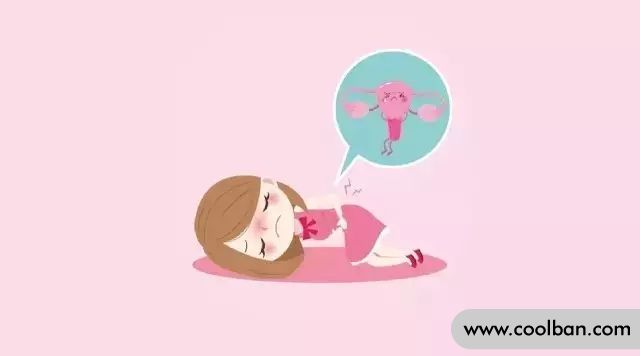
Fifth, women who take drugs for a long time. At present, there is still a lack of research on whether there are toxic side effects between drugs and HPV vaccines. From a safety point of view, long-term use of drugs is not recommended for HPV vaccines.
Sixth, pay attention to the appropriate age for vaccination. HPV vaccine should be given as soon as possible. Because this vaccine can only prevent, can not play a therapeutic role. So you can only get the most protection if you get this vaccine before the risk of infection. The World Health Organization believes that the HPV vaccine can protect people between the ages of 9 and 26, so the optimal age for vaccination is 11 to 12 years old.
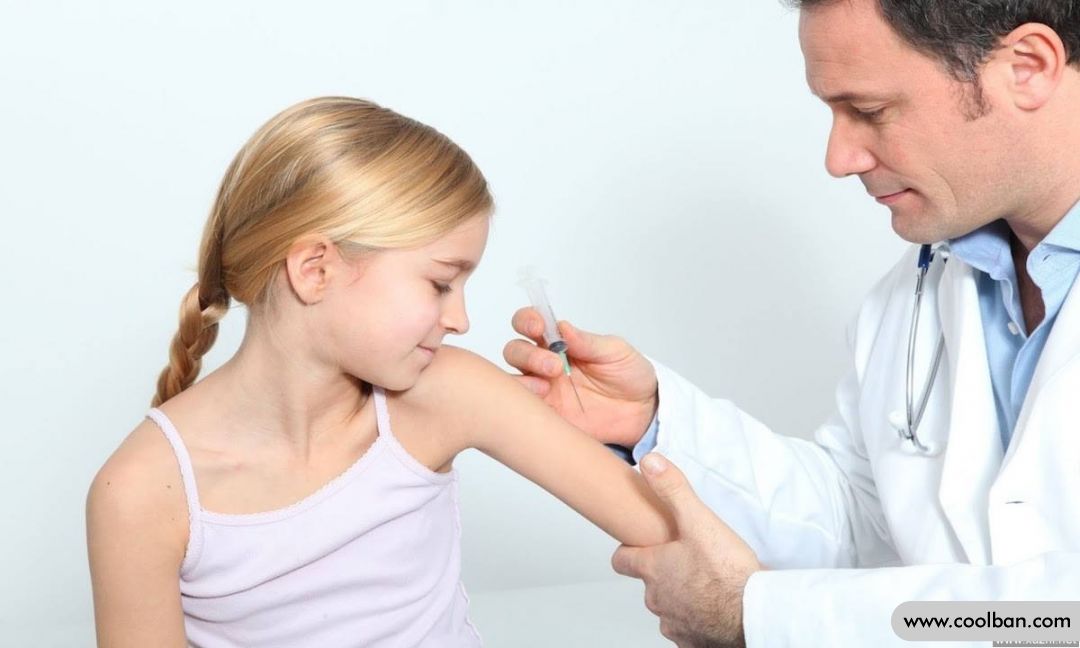

What is the HPV vaccine?
The HPV vaccine is actually the human papillomavirus vaccine. It is easy to understand that it is the female cervical cancer vaccine. We can prevent more than 90% of cervical cancers by vaccinating the HPV vaccine.
We all know that cervical cancer has a relatively high incidence among female malignant tumors, second only to breast cancer. Most cervical cancers are caused by infection with HPV, a relatively common sexually transmitted disease that affects about four in five women after having sex.

What is the difference between bivalent, quadrivalent, and ninevalent HPV vaccines?
At present, there are three types of HPV vaccines on the market: bivalent, quadrivalent and nine-valent. All three vaccines have preventive effects on HPV and are safe for women.
Among them, the bivalent HPV vaccine can prevent related diseases caused by HPV16 and 18, the quadrivalent HPV vaccine can prevent cervical cancer caused by the four subtypes of HPV6, 11, 16, and 18, and the nine-valent HPV can prevent the subtypes in four On the basis of the price, there are five more places.
Therefore, among the three vaccines, the nine-valent vaccine has a wider range of prevention.
For the vaccination of HPV vaccine, the ultimate goal is to prevent cervical cancer, while the domestic bivalent vaccine and quadrivalent vaccine can prevent 84.5% of cervical cancer, and the most popular nine-valent vaccine can prevent 92.1% of cervical cancer in women.

Although the nine-valent vaccine is generally more effective in preventing cervical cancer, most cervical cancers are related to 16 and 18 viruses, and the quadrivalent vaccine can also prevent 16 and 18 human papilloma. Viruses, so when you are over age, you can also consider getting the quadrivalent vaccine. In addition to these, there are other things women need to keep in mind when considering the HPV vaccine, preferably before having sex for the first time. If it is a person who has been infected with human papillomavirus, it should be vaccinated under the advice of a doctor, and if it is a person who is allergic to vaccines and yeast, vaccination should be prohibited to prevent various adverse consequences, and do not blindly vaccinate.
The HPV vaccine is not available to everyone, and it has certain limitations. First of all, in terms of gender, except that the bivalent vaccine is only suitable for women, the quadrivalent and nine-valent HPV vaccines are effective for both men and women; in terms of age, according to the recommendation of the State Food and Drug Administration, the bivalent HPV vaccine The suitable age for vaccination is 9-25 years old, the quadrivalent HPV vaccine is 20-45 years old, and the nine-valent HPV vaccine is 16-26 years old. In principle, the earlier the vaccination, the better the preventive effect.

What are the contraindications and precautions for HPV vaccination?

First, women with immune system disorders. Vaccination will cause an immune response in the human body. People with problems in their own immune system may aggravate immune system diseases after vaccination, so vaccination is not recommended.
Second, pregnant women and lactating women. The current research data cannot prove that the HPV vaccine is safe for pregnant women and fetuses. Therefore, for safety reasons, it is recommended that women during pregnancy and breastfeeding avoid HPV vaccine.
Third, those who are suffering from acute diseases. Patients with acute illness often have systemic symptoms such as fever, which may be aggravated by vaccination.
Fourth, women with allergic constitution. The active ingredients and excipients in the vaccine may cause allergic reactions in allergic patients. Before vaccination, you should know whether you will be allergic to the vaccine before deciding whether to vaccinate. People with a known allergy to yeast should not be vaccinated.

Fifth, women who take drugs for a long time. At present, there is still a lack of research on whether there are toxic side effects between drugs and HPV vaccines. From a safety point of view, long-term use of drugs is not recommended for HPV vaccines.
Sixth, pay attention to the appropriate age for vaccination. HPV vaccine should be given as soon as possible. Because this vaccine can only prevent, can not play a therapeutic role. So you can only get the most protection if you get this vaccine before the risk of infection. The World Health Organization believes that the HPV vaccine can protect people between the ages of 9 and 26, so the optimal age for vaccination is 11 to 12 years old.

